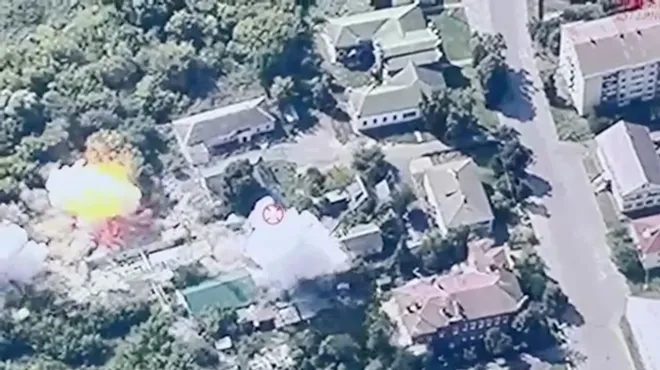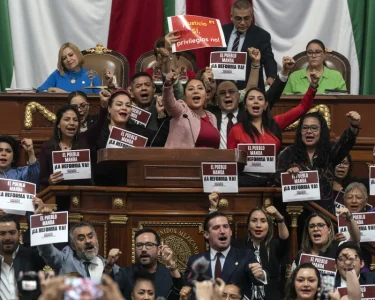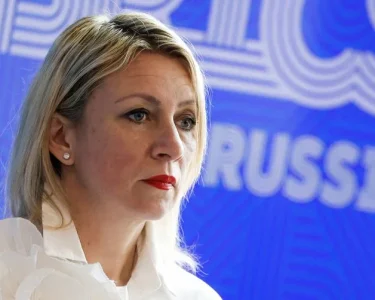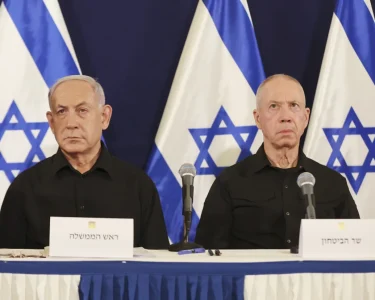Russia Weeks Away from Responding to Ukrainian Incursion: Amid escalating tensions in Eastern Europe, Russian officials have reportedly delayed their response to a significant Ukrainian incursion, sparking widespread concern within the international community. The delay, which some officials describe as a tactical move, raises questions about Russia’s strategic approach and the potential implications for regional stability.

The Situation on the Ground:
Ukrainian forces reportedly breached Russian-held territories weeks ago, initiating a series of skirmishes and strategic maneuvers. While the Ukrainian military has yet to achieve a decisive victory, their ability to penetrate Russian defenses has surprised many analysts. Despite the incursion, Russia’s response has been notably slow, with limited military action and a lack of clear communication from Kremlin officials.
Possible Reasons for the Delay:
There are several theories regarding Russia’s delayed response. Some experts suggest that Moscow is recalibrating its military strategy, possibly to avoid a hasty retaliation that could lead to significant losses. Others believe that internal political dynamics, including debates among Russian military leaders, may be contributing to the delay.
The Kremlin has also been under pressure from international observers, who are closely monitoring the situation. A swift and aggressive response could escalate the conflict, drawing in other nations and potentially leading to a broader regional war. Therefore, Russia may be weighing its options carefully to avoid such a scenario.
International Reactions:
The international community has reacted with a mix of concern and skepticism. NATO officials have urged Russia to clarify its intentions, warning that a prolonged standoff could destabilize the region. Meanwhile, European leaders are advocating for diplomatic solutions, hoping to prevent further escalation.
The United States, which has been providing military aid to Ukraine, is closely monitoring the situation. U.S. officials have expressed concern over Russia’s lack of action, interpreting it as a sign of either indecision or a more calculated strategy that could unfold in the coming weeks.
Implications for the Region:
The delayed response has significant implications for both Russia and Ukraine, as well as the broader region. For Russia, a slow response could be seen as a sign of weakness, potentially emboldening other nations or insurgent groups within its borders. On the other hand, a carefully measured response could allow Russia to regroup and launch a more effective counteroffensive.
For Ukraine, the delay offers a window of opportunity to fortify its positions and prepare for potential Russian retaliation. However, it also creates uncertainty, as Ukrainian forces must remain on high alert for a possible sudden Russian assault.
Neighboring countries, particularly those in Eastern Europe, are also on edge. The prospect of an extended conflict in their vicinity is a cause for concern, especially as it could lead to an influx of refugees and further strain on their economies.
Looking Ahead:
As the situation develops, the world will be watching to see how Russia ultimately responds to the Ukrainian incursion. The Kremlin’s next moves could set the tone for future engagements in the region, with far-reaching consequences for global geopolitics.
In the meantime, diplomatic efforts are likely to intensify as world leaders seek to de-escalate the situation. However, with tensions running high and military forces on both sides remaining on alert, the possibility of a full-scale conflict cannot be ruled out.
The delayed Russian response to Ukraine’s incursion is a complex and evolving situation with the potential to reshape the geopolitical landscape of Eastern Europe. As both sides continue to assess their options, the international community remains on edge, hoping for a resolution that avoids further bloodshed.
For more in-depth analysis and the latest updates on global conflicts, visit Digital Digest.




